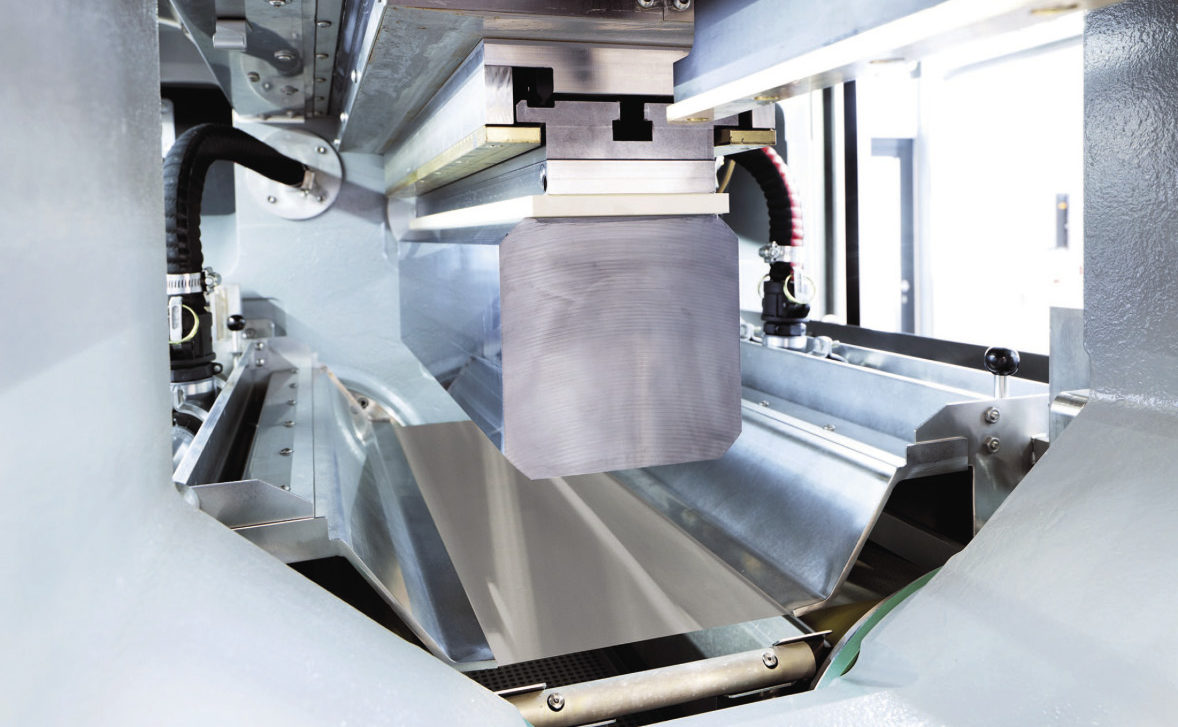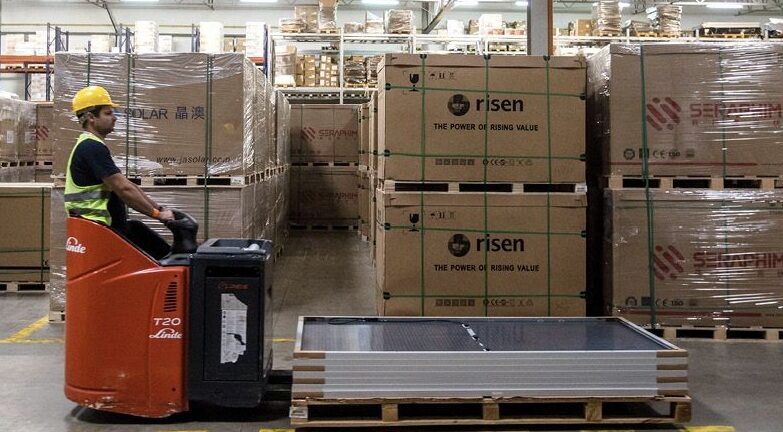Chinese solar manufacturer GCL-Poly and Zhonghuan Semiconductor — a China-based manufacturer of energy products, semiconductor materials and devices — have announced a plan to invest approximately CNY 9.13 billion ($1.34 billion) to increase the monocrystalline wafer production capacity at the factory of their common joint venture in northern China from approximately 30 GW currently to 55 GW over the next three and a half years. All of the new capacity is set to come online in 2022.
Compared with a number of new polysilicon facilities that have been brought online in China recently, the 3.5 year construction period seems excessively long. This could be a case of the manufacturer slowing its ramp-up to avoid overcapacity issues, or it may be that it is simply a conservative announcement.
“The long construction period is unusual for Chinese conditions, and gives no reason to worry about overcapacity,” commented Johannes Bernreuter, a polysilicon market analyst. “I speculate, however, that this number is only given to be on the safe side, and that construction will actually move much faster.”
In a statement announcing the plans, Zhonghuan Semiconductor said the expansion will help to reduce shortages of monocrystalline wafers in the global supply chain, while also filling a gap in the production of high-quality solar products. “With the continuous development of the photovoltaic sector, the solar manufacturing industry has begun to enter into its maturity,” the company said. “Global demand for ‘high efficiency' solar products is helping the industry enter the era of monocrystalline silicon.”
A few days ago, GCL-Poly announced that its Suzhou GCL Technology unit has increased its share in the common joint venture, Inner Mongolia Zhonghuan GCL, from 30% to 31.27% through a capital increase agreement. Zhonghuan Semiconductor and its subsidiary, Inner Mongolia Zhonghuan Solar Material, will still hold the remaining stake. The joint venture's factory is located in Hohhot, the capital of Inner Mongolia.
Several polysilicon makers, including GCL Poly, are now in the process of moving production to parts of China such as Inner Mongolia and Xinjiang province, as low electricity prices and other attractive policies in such regions are allowing them to further reduce the cost of energy-intensive polysilicon production.
Suppliers are also pushing to meet standards for higher purity polysilicon required in increasingly dominant monocrystalline production. While Zhongguan's announcement includes several references to this, and its position as a major supplier of semiconductor wafers means it has the know-how to meet this standard, questions remain over the ability of some Chinese manufacturers to produce sufficient high-quality polysilicon.
Meanwhile, on May 3, GCL-Poly announced that the Hong Kong stock exchange halted the trading of its shares at its request, pending the release of an announcement pursuant to local rules on takeovers and mergers. The Chinese solar manufacturer is now trying to sell its wafer unit, Suzhou Kezhun to Huajun Holding Group, after failing in a previous attempt to sell a majority stake in its main polysilicon subsidiary, Jiangsu Zhongneng.
Zhonghuan Semiconductor and Xinjiang GCL, a unit of GCL-Poly, signed their first framework agreement to collaborate on the production of polysilicon and wafers, in addition to downstream PV project development, in August 2017. At the time, the two companies didn’t say they wanted to focus exclusively on mono-Si technologies, but they did say that Zhonghuan’s Shenzhen-listed unit, Tianjin Zhonghuan, might also invest in monocrystalline wafer processing by taking an undisclosed stake in GCL-Poly Energy’s wafer slicing factories. In addition, they said that GCL-Poly Energy could also invest in the production of mono rods by taking an unspecified stake in that venture. It added that both sides may make additional investments in mono rod production in the future.
This content is protected by copyright and may not be reused. If you want to cooperate with us and would like to reuse some of our content, please contact: editors@pv-magazine.com.





By submitting this form you agree to pv magazine using your data for the purposes of publishing your comment.
Your personal data will only be disclosed or otherwise transmitted to third parties for the purposes of spam filtering or if this is necessary for technical maintenance of the website. Any other transfer to third parties will not take place unless this is justified on the basis of applicable data protection regulations or if pv magazine is legally obliged to do so.
You may revoke this consent at any time with effect for the future, in which case your personal data will be deleted immediately. Otherwise, your data will be deleted if pv magazine has processed your request or the purpose of data storage is fulfilled.
Further information on data privacy can be found in our Data Protection Policy.